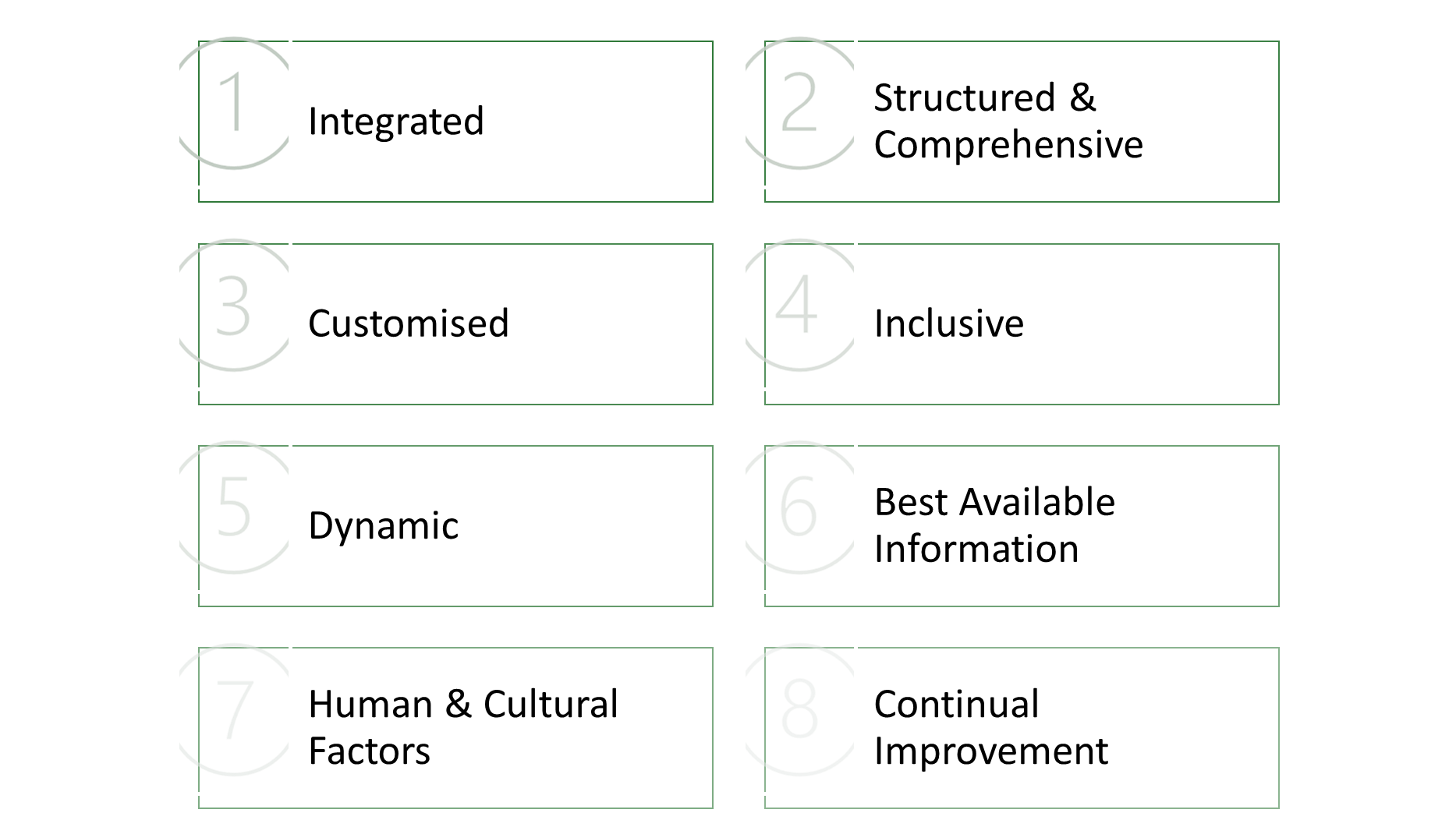Risk Management Overview
Risk is often described as the effect of uncertainty on objectives, and risk management is often described as the formalised treatment of uncertainty. We all manage risk in one way or another every day. This could be as simple as weighing up whether to bring an umbrella with us when we leave the house on the off chance that it might rain, or taking a longer detour to work when it is likely that there will be heavy traffic on our normal route. We do our best to limit or mitigate the impact(s) of uncertainty and we live with the consequences. Past experiences inform how we act going forward. In some cases, we take advantage of risk in a positive way, such as when we take on a new job and the associated uncertainties that this might bring. In essence, the approach to Risk Management at UCD is no different - risks are identified and assessed, and risk control measures are determined and implemented to limit the potential impact of uncertainty on our objectives. Decisions are made, actions are undertaken, and the University moves forward, learning from its experiences.
It should be noted that risk management is about assessing and planning for potential uncertainties that could arise in the future rather than live issues. Think about the example of the umbrella above. If you take an umbrella with you on your journey because you are concerned it might rain based on weather forecasts or your own assessment of the prevailing conditions, then that is risk management – you are planning for future uncertainty. If you bring an umbrella with you because it’s already raining when you start your journey, then that is management, you are taking steps to address and deal with a live issue as opposed to planning for future uncertainty. Using a medical analogy, risk management can be considered as preventive care of a potential condition or ailment, whereas day to day care is management of the diagnosed condition or ailment.
Risk Management Benefits
- Increased likelihood that the University’s objectives will be achieved;
- Reduced likelihood that the University will be affected by damaging events;
- Improved governance and enhanced assurance;
- Improved stakeholder confidence and trust;
- More proactive approach to management;
- Better planning and more effective decision-making;
- Improved operational effectiveness and efficiency;
- Better internal controls;
Risk Management Principles
Risk Management Standards outline eight Risk Management Principles that organisations should adopt. UCD’s Risk Management Framework has been developed with these in mind.
